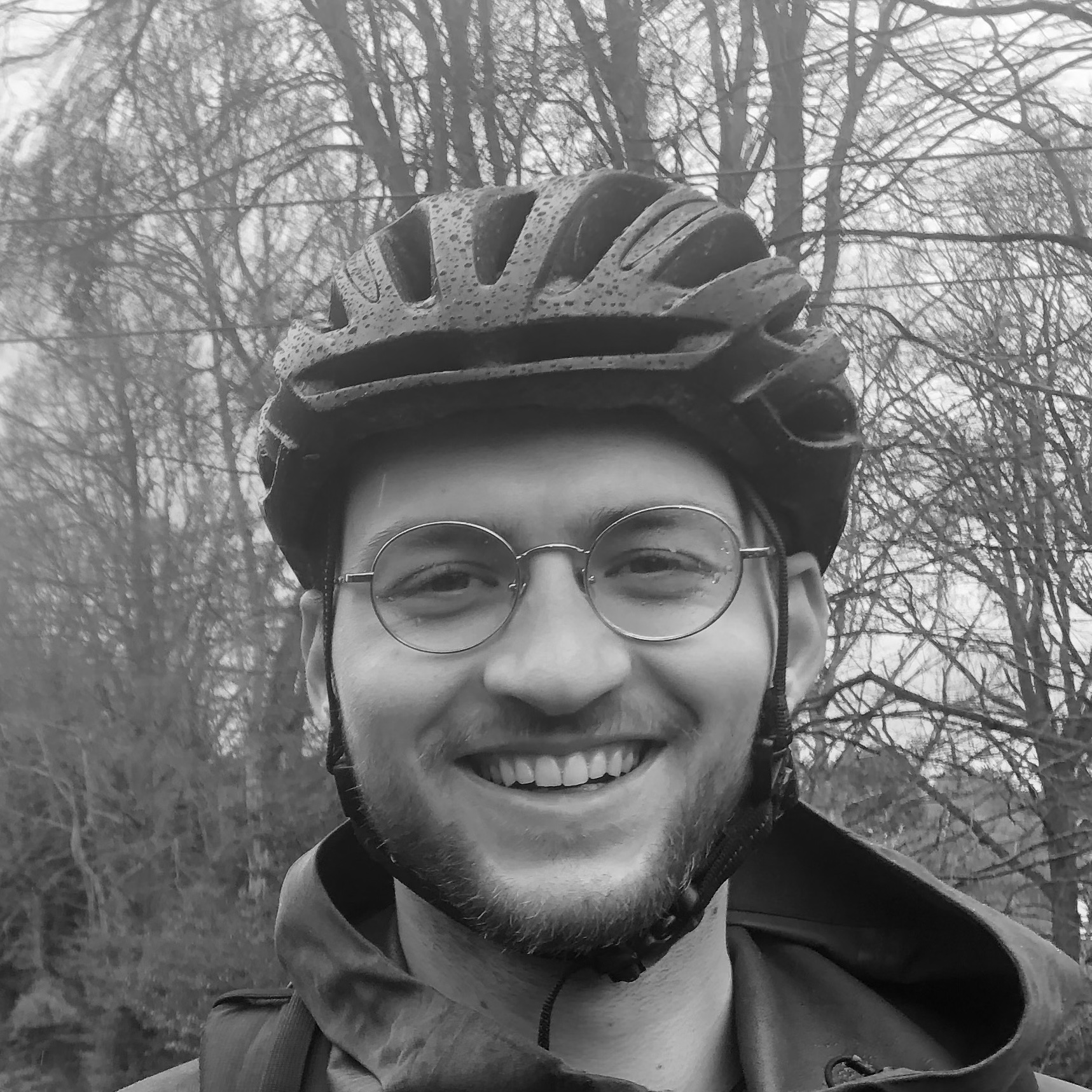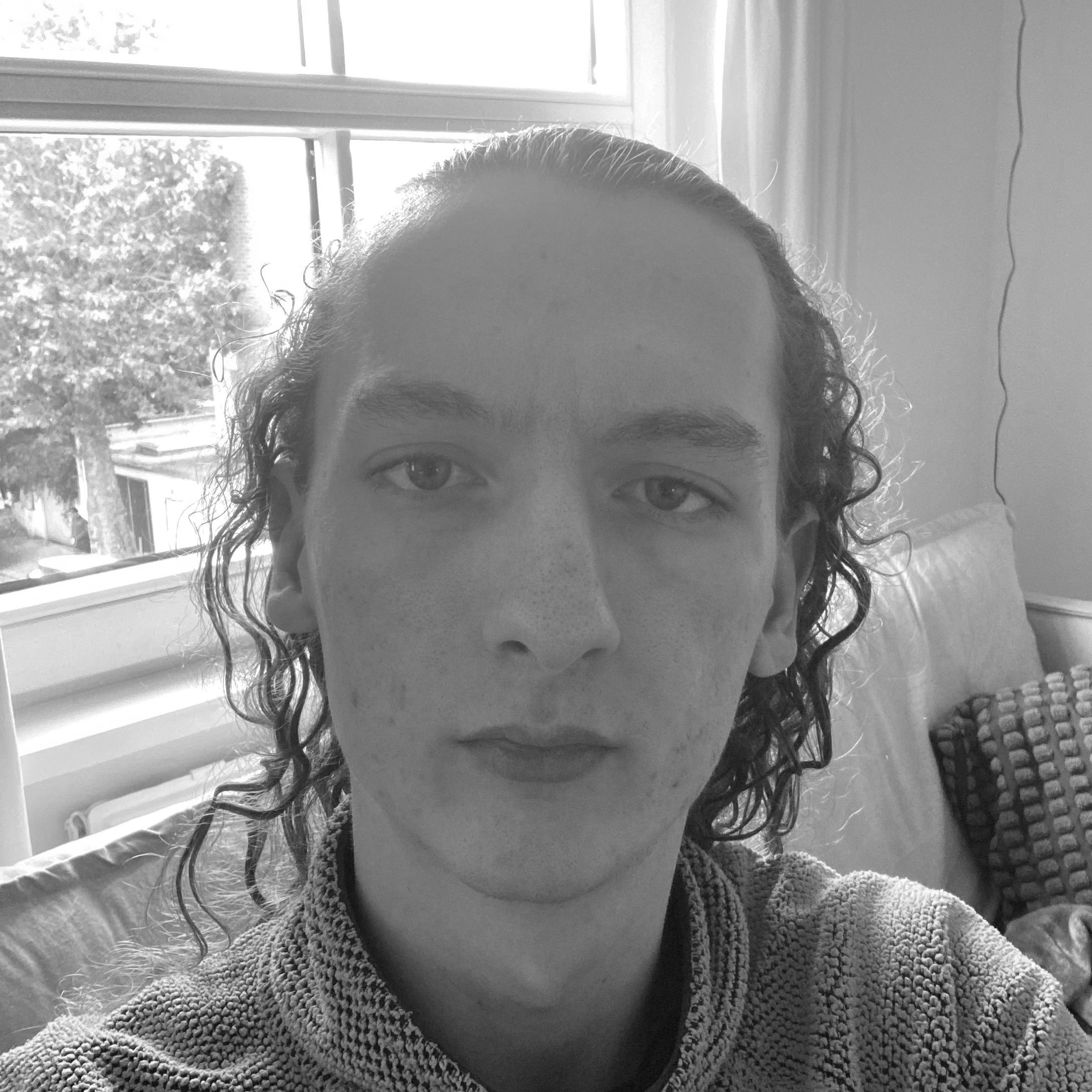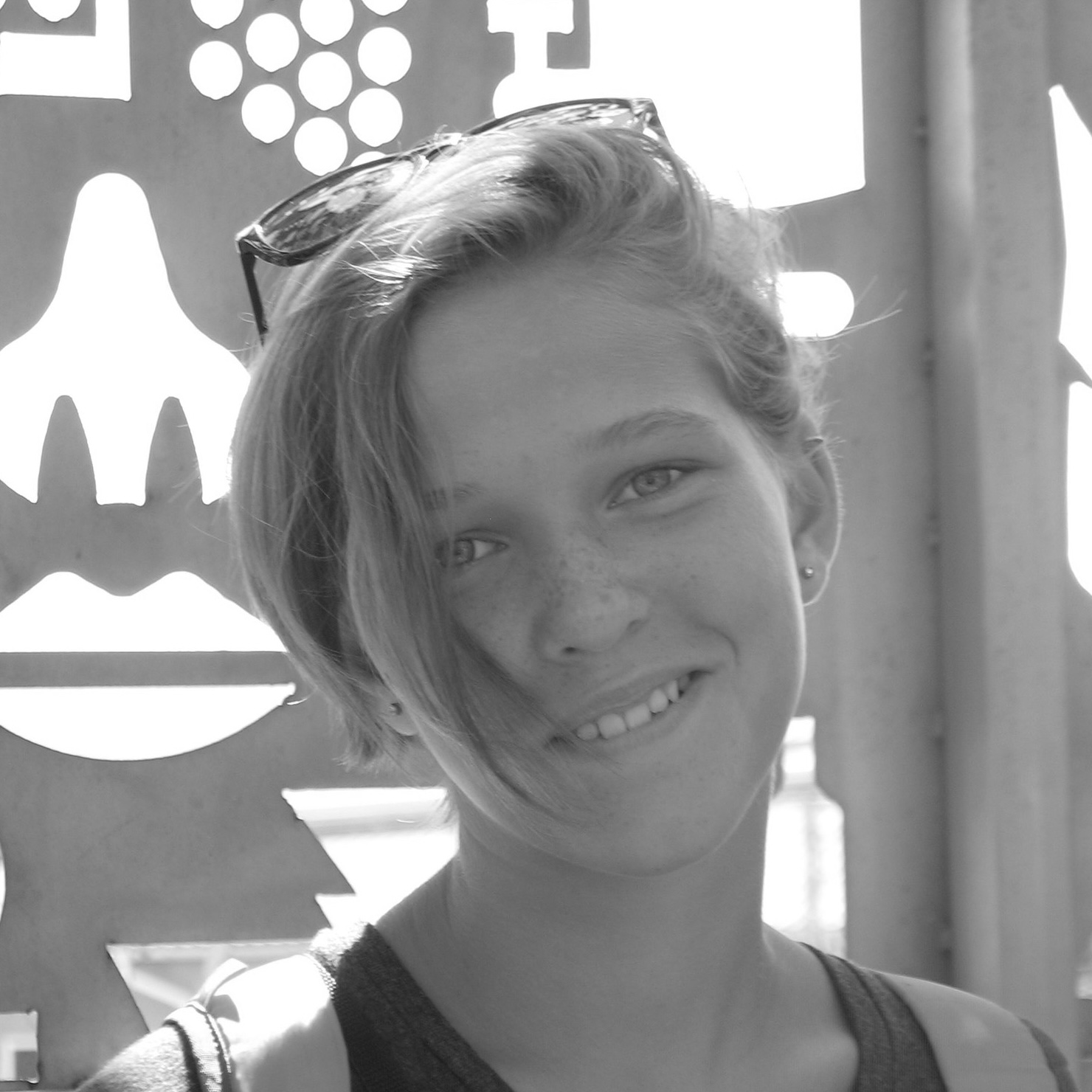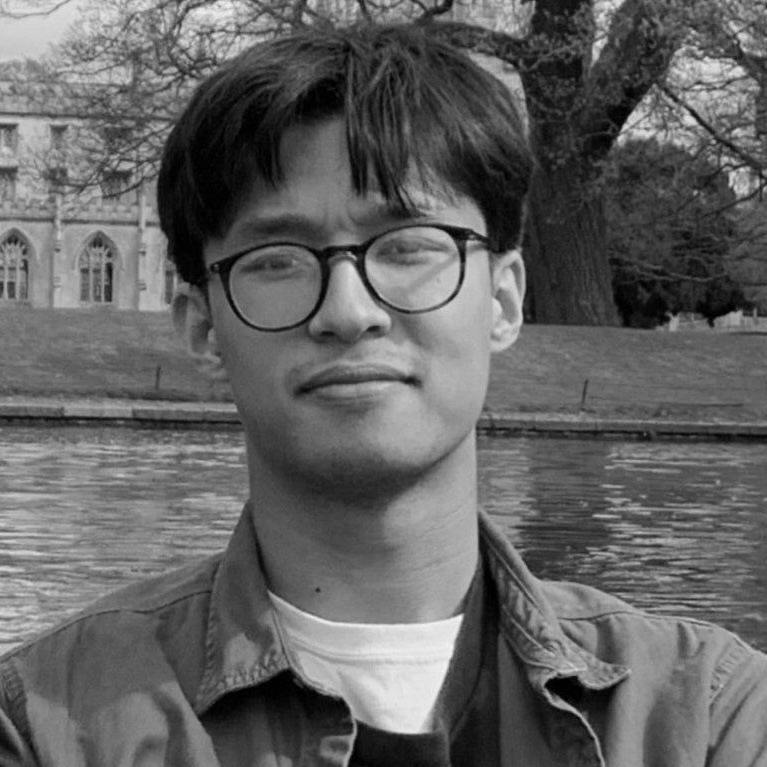Workshop on algebraic geometry
10 AM, 26 Nov 2025
The London Institute hosts a workshop on algebraic geometry for PhD students to share their research results and initiate collaborations.
Algebraic geometry has always been an intrinsically interdisciplinary subject, shaped by ideas from algebra, geometry, physics and number theory. Yet genuinely collaborative work requires more than shared interests: it demands that researchers gain a clear view of one another’s methods, motivations and results.
This workshop brings together graduate students and early-career mathematicians to foster exactly that exchange. Participants prepare and deliver research talks, present papers, and learn to navigate unfamiliar areas through the talks of their peers. The meeting blends research and education in a focused, supportive environment, allowing young algebraic geometers to broaden their technical range, sharpen their communication skills, and engage deeply with neighbouring subfields. By the end, they not only strengthen their understanding of algebraic geometry’s many facets but also build the relationships and shared vocabulary needed to begin new collaborative projects.
Event information
This workshop takes place on Wednesday 26 November at the London Institute for Mathematical Sciences, which is on the second floor of the Royal Institution in Mayfair. To register to attend this workshop, please visit the conference website.
















9:45
Arrival
10:00
A categorical flop in dimension one
In this talk we observe that the categorical structure of a flop occurs for some well-known non-commutative resolutions of a nodal curve. We describe the flop-flop spherical twists, and give a geometric interpretation in terms of Landau–Ginzburg models. The resolutions are all weakly crepant but not strongly crepant, and we formulate an intermediate condition that distinguishes the smaller ones.

Bogdan Simeonov
Bogdan Simeonov is a PhD student at the London School of Geometry and Number Theory, supervised by Prof. Yanki Lekili. He works in the field of symplectic geometry and homological mirror symmetry ,applying his research to algebraic geometry and the study of orbifold Del Pezzo surfaces.
11:00
A Homological mirror symmetry for some orbifold Del Pezzo surfaces
In this talk, we prove Homological Mirror Symmetry for the family of hypersurfaces in P(1, 1, 1, k). We construct an explicit mirror map, as well as a new construction exhibiting the special McKay correspondence on the A-side.

Calum Crossley
Calum Crossley is a PhD student at the London School of Geometry and Number Theory, supervised by Prof. Ed Segal. He works at the intersection of algebraic geometry, derived categories and symplectic resolutions, using spherical twists to the interpretation of Landau–Ginzburg models.
12:15
Compact type generations of curves
We demonstrate some unexpected properties that simple gluings of the simplest derived categories may have. We consider two special cases: the first is an augmented curve; the second is an ideal point gluing of curves. We construct unexpected exceptional objects contained in these categories and discuss their orthogonal complements.

Aliaksandra Novik
Aliaksandra Novik is a PhD student at the London School of Geometry and Number Theory, supervised by Prof. Soheyla Feyzbakhsh. She works in algebraic geometry, derived categories and Bridgeland stability conditions and studies the derived category of coherent systems on curves.
13:15
Lunch
15:15
Moduli of Sheaves and Deformation to the Normal Cone
In this talk we discuss how generalised Kummer varieties degenerate to natural symplectic subvarieties of the Hitchin system for curves with genus larger than 2. Given a closed immersion between arbitrary smooth complex projective varieties one can take the deformation to the normal cone family. For curves in symplectic surfaces, the corresponding deformation to the normal cone space is an open subset of the relative moduli space of sheaves.
Hao Zhang
Hao Zhang is a PhD student at the University of Glasgow. His research focuses on algebraic geometry and representation theory, in particular moduli spaces of sheaves on Calabi-Yau 3-folds, Gopakumar-Vafa invariants associated to singularities and their crepant partial resolutions.
16:15
GV invariants associated to cAn singularities
In this talk we will describe Gopakumar–Vafa (GV) invariants associated to cAn singularities. This involves generalising GV invariants to crepant partial resolutions of cAn singularities, and showing that they satisfy Toda’s formula. We then study filtration structures on the parameter space of contraction algebras associated to cAn crepant resolutions and, finally, numerically constrain the possible tuples of GV invariants that can arise.
Yifan Zhao
Yifan Zhao is a PhD student at the London School of Geometry and Number Theory, supervised by Prof. Richard Thomas. She focuses on complex algebraic geometry and deformation theory, studying holomorphically symplectic manifolds, Hitchin systems and generalised Kummer manifolds.
17:30
Categorical absorptions of singularities and degenerations
The notion of categorical absorption of singularities will be introduced. This is an operation that removes from the derived category of a singular variety a small admissible subcategory responsible for singularity and leaves a smooth and proper category. For a projective variety X with isolated ordinary double points categorical absorption will be described.

Ashesh Bati
Ashesh Bati is a PhD student at the London School of Geometry and Number Theory, supervised by Prof. Richard Thomas. He works in algebraic geometry, focusing on moduli and stability conditions and enumerative geometry, with connections to derived categories and arithmetic geometry.